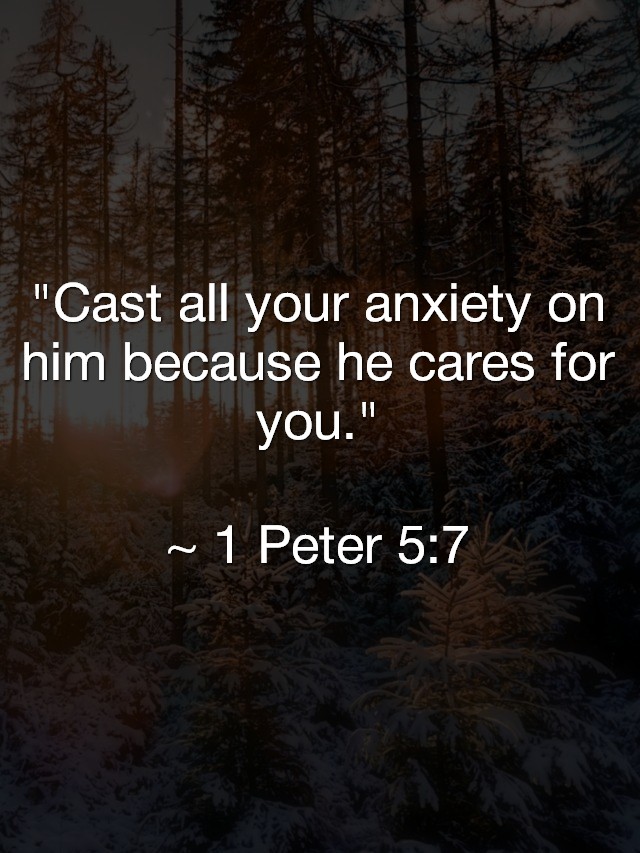Loving someone who is battling addiction is a journey filled with emotional highs and lows. As Christians, we are called to love and support our partners, but it can be challenging to balance this with our own emotional well-being. This article aims to provide guidance and encouragement for those navigating the complexities of supporting a partner through addiction, drawing on biblical principles and practical advice.
Your boyfriend’s recent relapse after 18 months of sobriety is undoubtedly a difficult setback. His transparency and commitment to restarting his recovery process are commendable and reflect his determination to overcome his addiction. However, his request for space to focus on his recovery can be emotionally taxing, especially when dealing with your own fears of abandonment.
Biblical Boundaries and Support
The Bible offers wisdom on setting boundaries and loving those who struggle with sin, including addiction. Proverbs 4:23 (NIV) advises, “Above all else, guard your heart, for everything you do flows from it.” This means protecting your emotional and mental health while supporting your partner.
-
Respect His Need for Space: Your boyfriend’s request for space is a crucial part of his recovery. By respecting this, you are allowing him the opportunity to heal and grow stronger in his sobriety. This aligns with the biblical principle of loving others without enabling harmful behaviors (1 Corinthians 5:11).
-
Maintain Communication: Continue to communicate through text, as this provides a way to stay connected without compromising his recovery process. Regular, supportive messages can reassure him of your commitment and love.
-
Seek Support for Yourself: Joining Al-Anon is a positive step. These groups offer support and understanding from others who are in similar situations. As Leah Grey suggests, having a support system is vital for your own emotional health.
Coping with Separation Anxiety
Separation anxiety can be overwhelming, but there are ways to manage it effectively:
-
Practice Mindfulness and Prayer: Engage in mindfulness techniques and prayer to find peace and clarity. Philippians 4:6-7 (NIV) encourages us to present our requests to God and promises that His peace will guard our hearts and minds.
-
Focus on Self-Care: Take time each day for activities that bring you joy and alleviate stress. This could include exercise, hobbies, or spending time with friends and family. Self-care is essential for maintaining your emotional and physical health during this challenging time.
-
Lean on Your Faith: Trust in God’s plan and lean on your faith for strength. Remember that God is with you and your boyfriend, guiding you through this difficult journey. Reflect on Bible verses that offer encouragement, such as Philippians 4:13: “I can do all things through Christ who strengthens me”.
Addressing Fears of Abandonment
Your fears of abandonment are valid and understandable. It’s important to address these feelings constructively:
-
Acknowledge Your Feelings: Admit and accept your feelings of anxiety and fear. Recognizing these emotions is the first step towards managing them effectively.
-
Communicate Openly: Share your feelings with your boyfriend in a supportive and non-confrontational manner. Open communication can help both of you understand each other’s needs and strengthen your relationship.
-
Seek Professional Help: Consider seeking therapy to work through your fears of abandonment. A professional can provide strategies to cope with these feelings and help you build a healthier emotional foundation.
Supporting a partner through addiction is a challenging but noble endeavor. By respecting your boyfriend’s need for space, focusing on your own well-being, and leaning on your faith, you can navigate this difficult time with grace and strength. Remember, you are not alone—God is with you, and there are resources and communities ready to support you. Keep faith, stay strong, and trust in the journey ahead.



